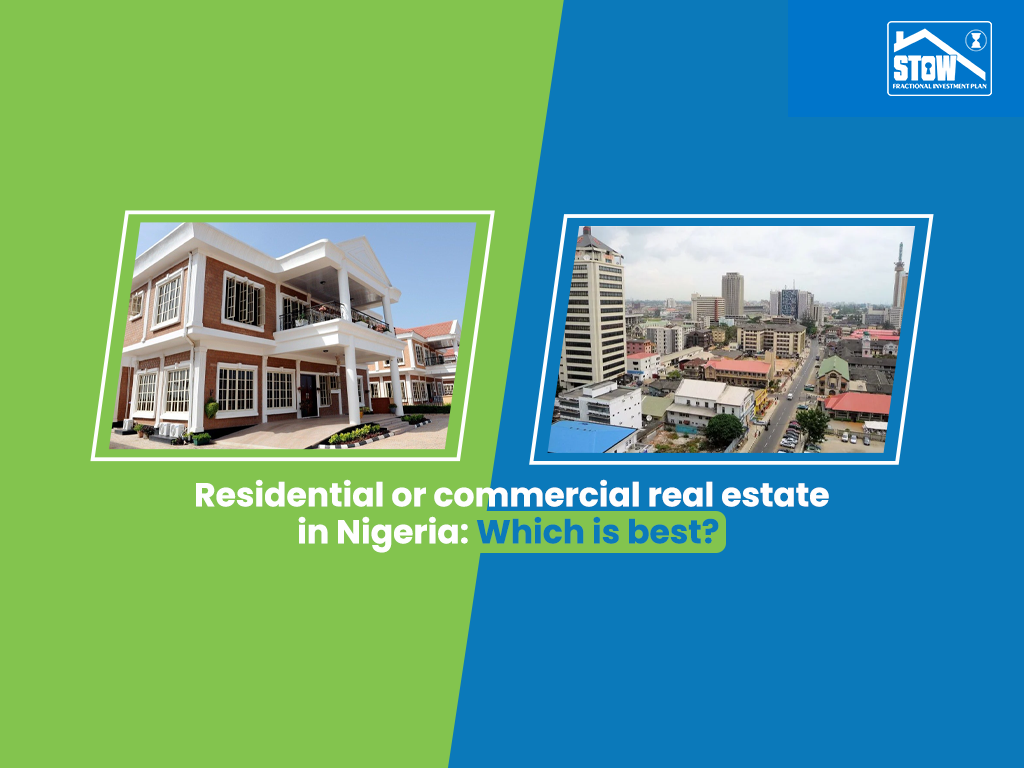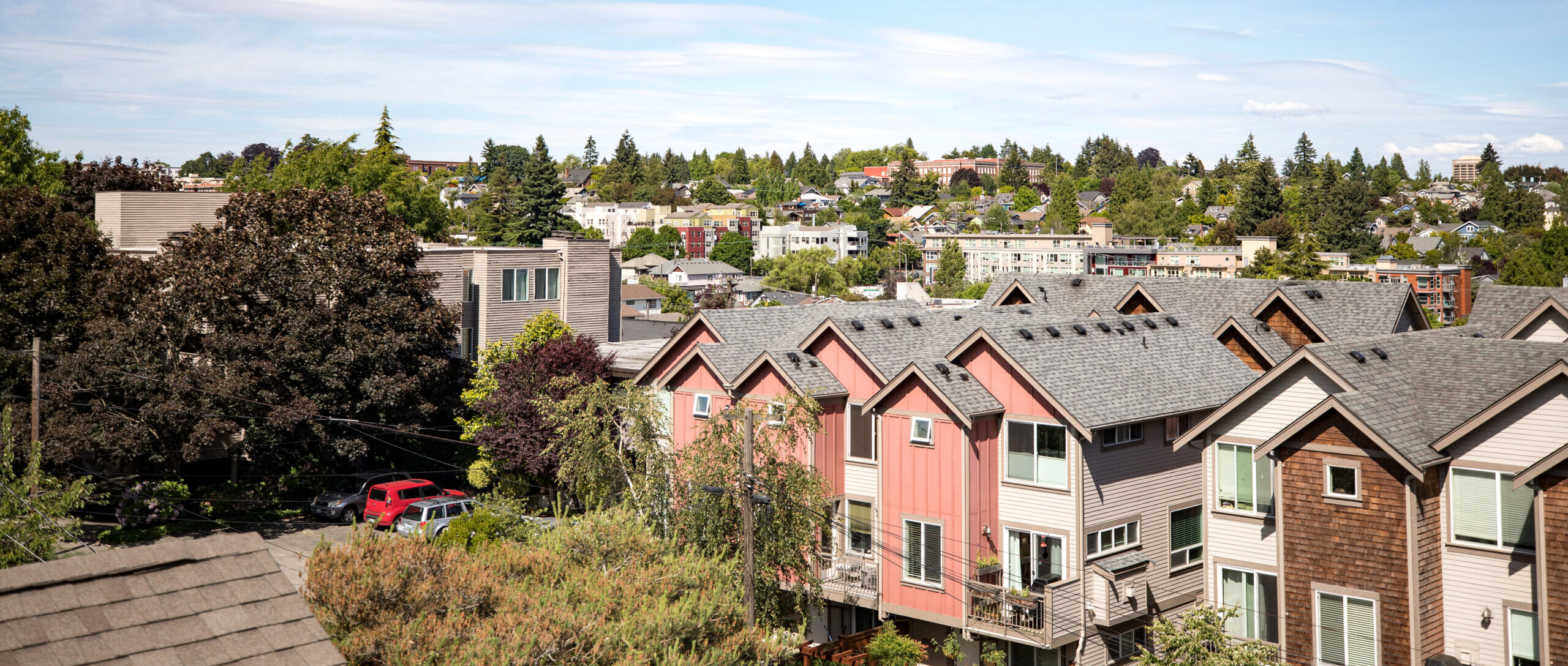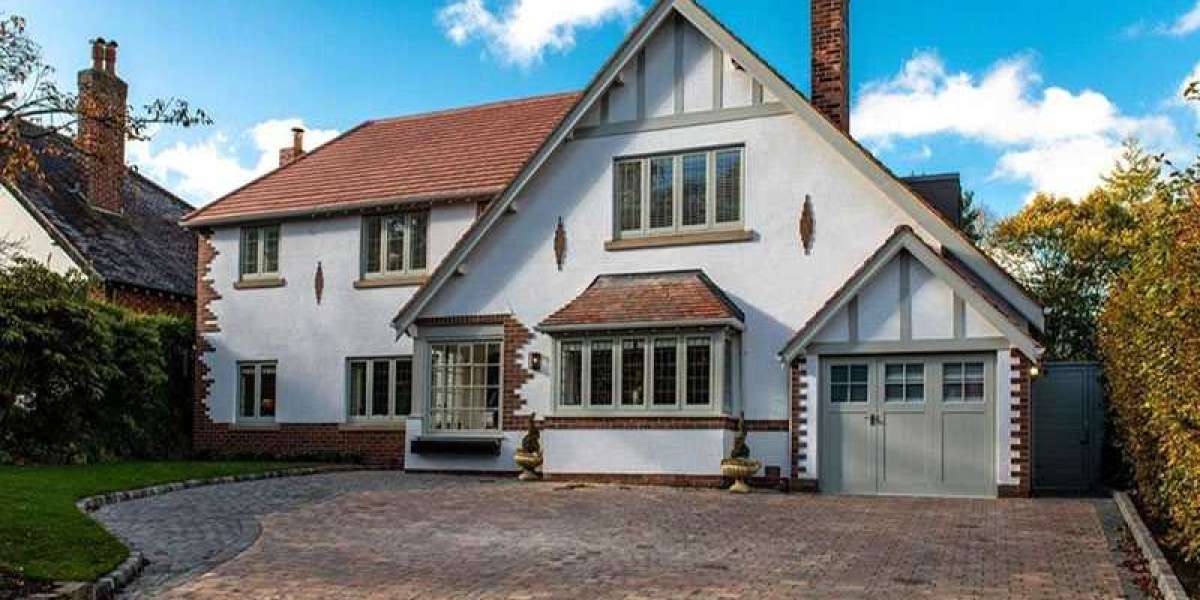
When leasing an industrial residential or commercial property, there are a variety of various kinds of commercial leases one could encounter. In many cases renters might be looking for a residential or commercial property they can construct on and create improvements that fit their particular requirements. If this holds true, then a ground lease might be the best choice.

A ground lease is a kind of lease agreement in which the occupant rents a piece of land and is allowed to develop that residential or commercial property during the duration of the lease. During the lease term, the occupant owns any structures, advancements or improvements made on the land. Once the lease ends, the land and any building and construction or enhancements on that land become the residential or commercial property owner's. Usually, ground leases are long-lasting, with a lease duration between 20 to 99 years, said Scott Miller, Senior Director of Land Services, and Jeff Peden, Executive Managing Director of Land Services at Transwestern. Ground leases are usually net leases, they added, in which the tenant is accountable for paying residential or commercial property taxes, insurance and maintenance.

What's the Difference Between a Subordinated vs Unsubordinated Ground Lease?

There are two types of ground leases: subordinated and unsubordinated. The distinction in between the 2 relates to what occurs if the renter is dealing with financial problem throughout the regard to the lease.
Subordinated Ground Lease
With a subordinated ground lease, the property manager concurs to be a lower concern with concerns to any other funding acquired on the residential or commercial property. If an occupant takes out a loan to develop on the land and after that defaults on the loan, the loan provider can pursue the residential or commercial property, including the land, as security. For example, an occupant who signs a subordinated ground lease may take out a loan for $400,000 to develop a retail residential or commercial property. However, if that tenant faces financial problem and is unable to make loan payments, the lender can go after the structure and the land.
"Typically, this is done to assist in debt financing to construct buildings on the residential or commercial property," Miller and Peden said. Oftentimes with a subordinated ground lease, the landlord might need higher rent payments due to the fact that they're handling some amount of risk.
Unsubordinated Ground Lease
With an unsubordinated ground lease, the landlord retains greater concern than the lender. Lenders are unable to foreclose on the land or utilize it as security if a renter is not able to make their loan payments. Rather, if the occupant defaults on the loan, the lending institution can just go after their business possessions. Some lenders might be reluctant to offer a mortgage to tenants who have actually signed an unsubordinated ground lease. Because of this included problem for the renters, landlords will typically charge lower rent.
Pros and Cons of Ground Leases for Tenants
Like all leases, ground leases come with their benefits and disadvantages, for both occupants and property owners. For occupants, the advantages and disadvantages may vary depending upon what you're trying to find in a commercial residential or commercial property.
Location: With a ground lease, tenants can develop a residential or commercial property in a place of their picking, without being bound to pre-existing buildings in an area that may not be perfect for their specific service needs.
Lower Taxes: For both federal and state taxes, the rent paid on a ground lease is tax deductible. The occupant is paying less taxes than they would be if they merely bought the land.
No Down Payment: With a land purchase, the renter would be paying a big deposit to buy the land, after which they would still require to build on that land. However, with a ground lease, there is no downpayment, and more money can go towards building on the land rather.
Reduced Lease Payments: If the renter were renting both the land and the structure, then lease payments would be much higher. With a ground lease, the renter is making lower regular monthly payments.
Building Customization: When renting a currently existing space, the occupant is unable to customize the building to fit their specific needs. However, with a ground lease, tenants are just renting the land and can customize the residential or commercial property as they choose.
Some Higher Costs: Developing a residential or commercial property is costly, and although occupants are able to personalize their building as they please, often the monetary costs might surpass those advantages.
Doesn't Retain Ownership After the Lease Expires: After putting money and time into developing a residential or commercial property and making improvements, the occupant will need to provide up ownership of the residential or commercial property once the lease ends, if they pick not to renew the lease. At that point, the landowner stands to make money from the improvements the renter made.
Responsible for Fees: The tenant has to pay residential or commercial property taxes, insurance coverage and maintenance expenses on the residential or commercial property for the term of the lease.
Benefits and drawbacks of Ground Leases for Landlords
For property managers, a ground lease might be advantageous for a variety of reasons, however obviously it includes both advantages and downsides.
Lower Taxes: With a ground lease, landlords do not need to report any capital gains as they would with a land sale. On top of that, the tenant is accountable for residential or commercial property taxes.
Steady Income: Landlords have the benefit of getting regular monthly lease on the land, thus approving them a constant earnings stream. In addition, many ground leases also consist of an escalation stipulation, which ensures a lease increase and expulsion rights when it comes to a tenant defaulting on payments.
Retains Ownership of Improvements: After the lease duration ends, the landlord maintains ownership of any enhancements made on the land and can therefore offer the residential or commercial property at a revenue.
Lack of Control: In the situation where a proprietor does not consist of particular provisions in the lease, they may not have any say in what the tenant makes with the land.
Higher Income Tax: Although a property manager won't have to pay capital gains taxes, the lease they receive from the renter counts as earnings, therefore they will have to pay higher income taxes.
In Houston last June, Peden and Miller worked out a 20-year, 2.64-acre ground lease for a brand-new vehicle dealer. The land was rented to Grubbs Automotive, with strategies to transform the existing structures into a brand-new Volvo automotive car dealership. In this example, Grubbs Automotive is renting the land however has the freedom to build brand-new residential or commercial properties and make improvements on the land and any existing buildings as they choose. Once the lease term ends, if they do not renew, then all of those enhancements end up being the residential or commercial property of the property manager.
What's the Difference Between a Ground Lease vs Leasehold?
A leasehold estate is extremely comparable to a ground lease, in that with a leasehold estate, the physical structures are owned by the renter, and the land is owned by another celebration, from which the occupant is renting. The party that is renting the land from the landowner can utilize the land for the duration of the lease. When the lease ends, the structure and any improvements become residential or commercial property of the landowner, comparable to a ground lease. See likewise appurtenance.
However, according to Miller and Peden, "With a ground lease, you essentially have the rights as an owner of the land and the residential or commercial property or structures that are on it for the period that has been accepted. With a leasehold, there is an agreement between the owner of the residential or commercial property and the lessee with normally more constraints on the lessee on what can be made with the residential or commercial property." Essentially, leasehold agreements feature more constraints than ground leases however are otherwise fairly similar.

Is a Ground Lease Right for You?
While a ground lease features its benefits and downsides for both the occupant and the landlord, it is necessary to know what you're trying to find in a rental agreement before picking a type of lease. Ground leases are beneficial since of their durability and surefire income for property managers. And for occupants, ground leases permit you to build a residential or commercial property that fits your customized needs. However, there are various lease structures. Before selecting what fits your needs, make certain to do your due diligence and discover the various types of business leases out there.







